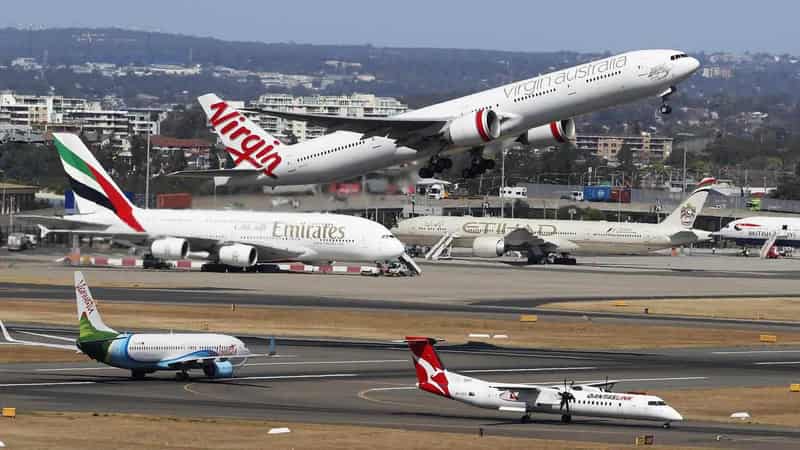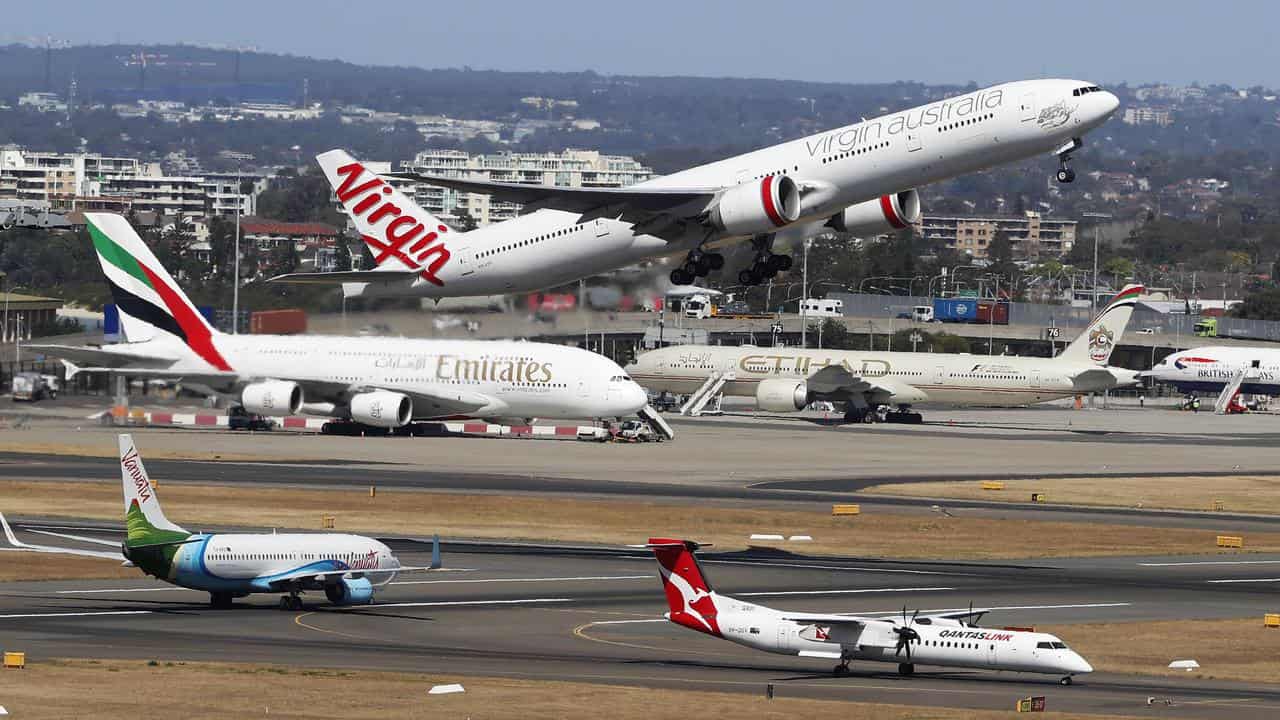
Australia has the potential to be a global green aviation superpower if airlines, manufacturers and governments made major policy changes in the next 12 months, a conference has been told.
But Airbus Australia chief representative Stephen Forshaw warned delays or a failure to act could make the federal government’s plans for a future made in Australia look “more like a future made in Singapore”.
The predictions were made at the CAPA Airline Leader Summit in Brisbane on Thursday, which attracted more than 450 representatives from the travel industry.
Cutting emissions from air travel emerged as a major theme at the event, with representatives from Qantas, Virgin Airlines and Air New Zealand also advocating for changes to create a sustainable aviation fuel industry in Australia.
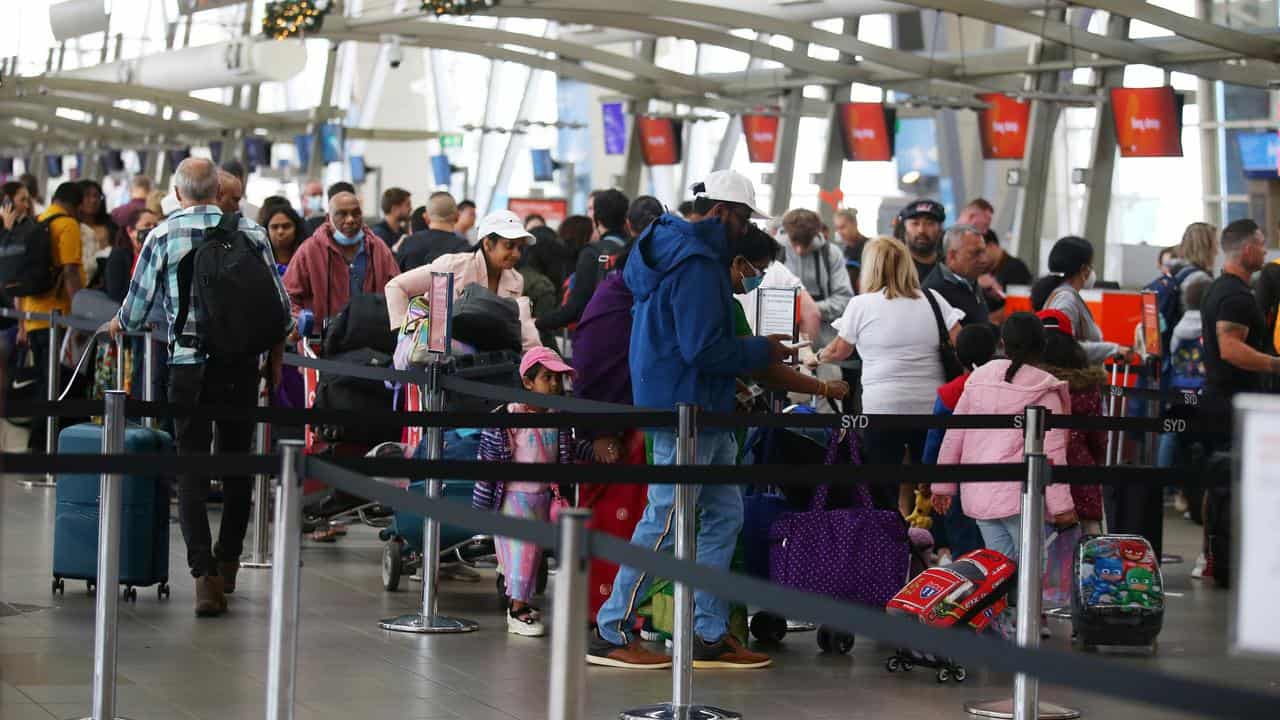
Mr Forshaw told attendees Australia had a host of advantages for producing sustainable aviation fuel (SAF), including ready access to the agricultural waste needed to create it.
But despite efforts to investigate its production, Australia had yet to launch a refinery, he said.
“We have the feedstock in Australia to be a SAF superpower but if we don’t make decisions in the next 12 months and get those decisions flowing into the investments required to build production facilities, a future made in Australia policy will actually look more like a future made in Singapore,” Mr Forshaw said.
“We really are in a global race for decarbonisation and Australia needs to step up and play a leadership role.”
Brazil was embracing the challenge to create an industry around green fuel, Mr Forshaw said, committing $US1 billion ($A1.5 billion) to its production, and Australia needed to hasten its efforts.
“We are way too slow, we need to get moving far faster,” he said.
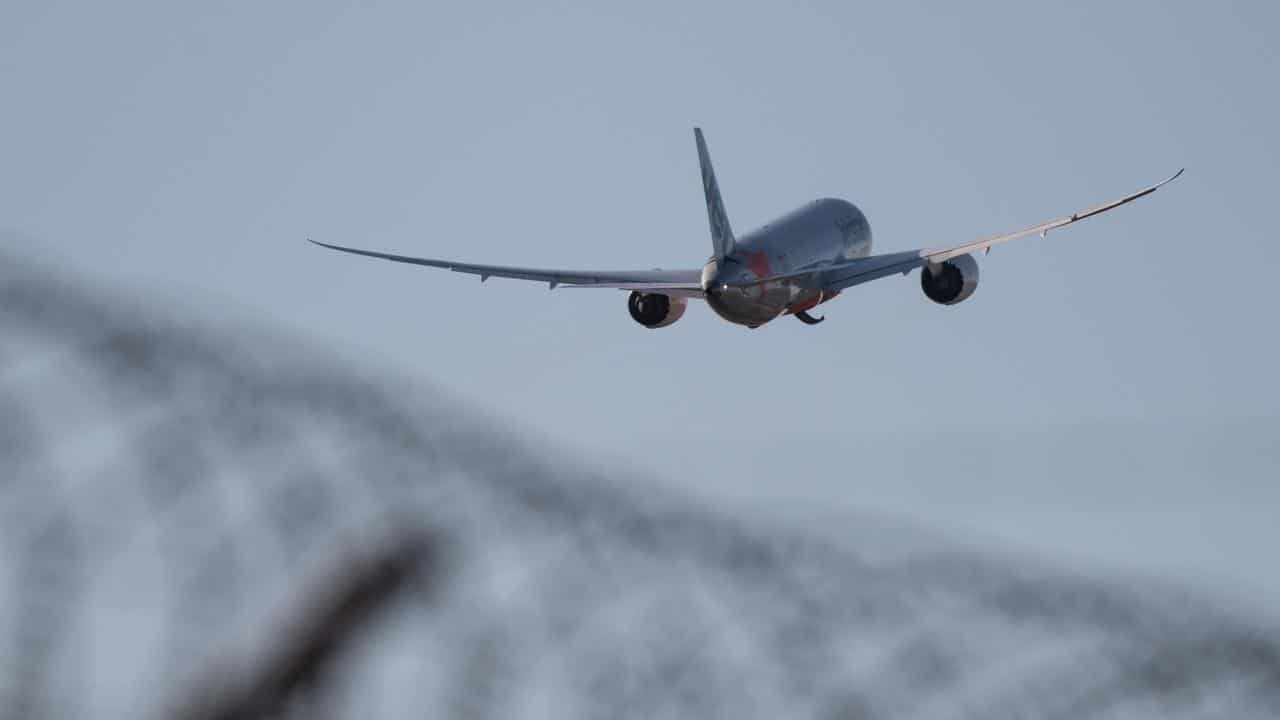
Qantas climate change executive manager Fiona Messent said the airline had committed to using sustainable fuel and fuel-efficient planes to reduce its carbon emissions by 25 per cent in 2030.
But she said the company had been forced to obtain sustainable fuel from the UK.
“What’s absolutely required is the engagement of government and the industry,” she said.
“That means government subsidies, it means a mandate, you have to get both sides of the coin to be able to scale it to a point where it’s commercial and affordable.”
Air New Zealand chief sustainability officer Kiri Hannifin said the airline would like to see sustainable fuel mandates introduced across the Tasman to support the region.
“We don’t see a way the market can solve this without government intervention,” she said.
Several projects to produce sustainable aviation fuel are under investigation in Queensland and Western Australia, including a refinery planned by Wagner Sustainable Fuels, another headed by Ampol, and plans to transform BP's Kwinana Energy Hub.
The CAPA event heard air travel in Australia had yet to return to pre-pandemic levels, held back by domestic airline closures and restrictive business travel policies.
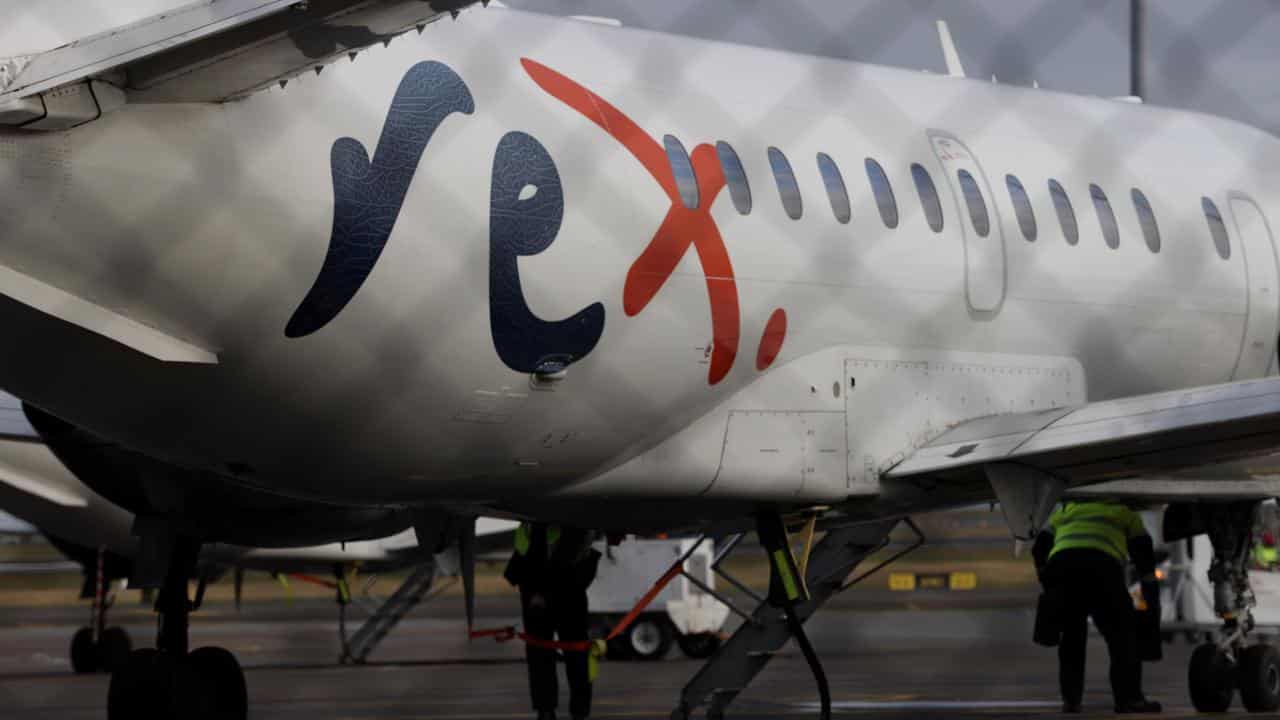
Centre for Aviation research head Simon Elsegood said Australians’ domestic travel habits had been on track to return to 2019 levels, but hit turbulence when Bonza and Rex went into administration.
“Six months ago, we were at 98.5 per cent and we were trending very strongly up to be at full recovery before the end of the year, however, we’ve had a few speed bumps in the domestic market,” Mr Elsegood told the conference.
“At the moment, we’re sitting at about 92 to 93 per cent of pre-pandemic levels in the domestic market.”
Mr Elsegood said Australia’s international travel recovery also fell short, with business travel to other countries stable at 70 per cent of pre-pandemic levels.
